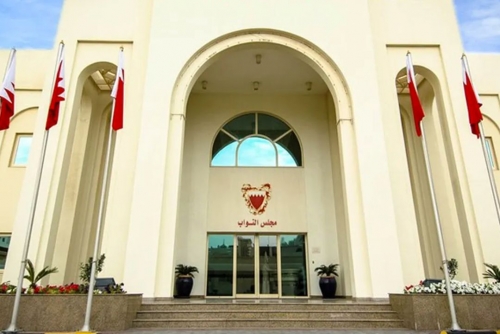Draft law to let firms borrow against assets without handing them over
TDT | Manama
Email: mail@newsofbahrain.com
A draft law before Parliament aims to let businesses borrow against their assets without giving them up.
The proposal, submitted by government following a Royal Decree, is intended to set clear rules for secured lending and improve access to finance for companies looking to raise funds without disrupting their operations.
The plan comes as Bahrain seeks to strengthen its standing in financial services, one of the 10 areas examined in the B-READY report by the World Bank Group.
Credit The proposed law would allow firms to use machinery, stock, and other assets as collateral while keeping them in use, easing their path to credit and lowering borrowing costs.
To bring consistency, the law would introduce a single set of rules covering secured rights on all types of moveable property, except those specifically exempted.
It is designed to remove gaps in current rules and avoid clashes between different legal frameworks.
Confidence
The government argues that clearer laws will encourage lending, steady investment, and ensure lenders have confidence in the system.
The draft law contains four articles. The first enforces the attached Secured Transactions Law.
The second lays out the laws that apply when the new rules do not cover a case, provided they do not go against its provisions.
Trade
The third gives the minister in charge of trade, or another minister named by decree, the authority to issue executive regulations. The fourth sets out how it will be applied.
The attached law itself runs to 60 articles, split into six sections.
It covers general principles, how security rights are created and enforced, financial obligations, enforcement, conflicts between laws, and other rules.
Loans The new system would let businesses secure loans against assets they still use, allowing more than one lender to hold a security interest in the same property.
It also sets out a clearer process for recovering debts, with the aim of making enforcement fair and predictable. Parliament’s Financial and Economic Affairs Committee and the Legislative and Legal Affairs Committee will now examine the proposal before it moves to a final vote.
Related Posts

